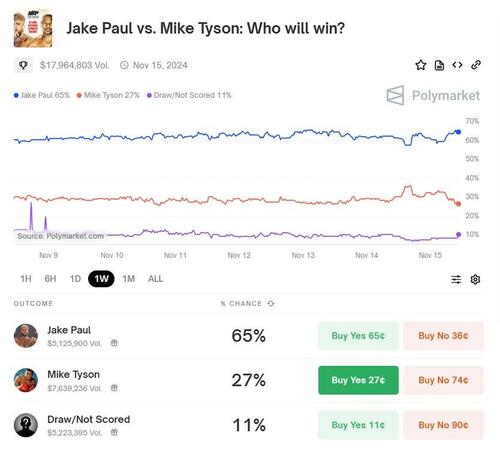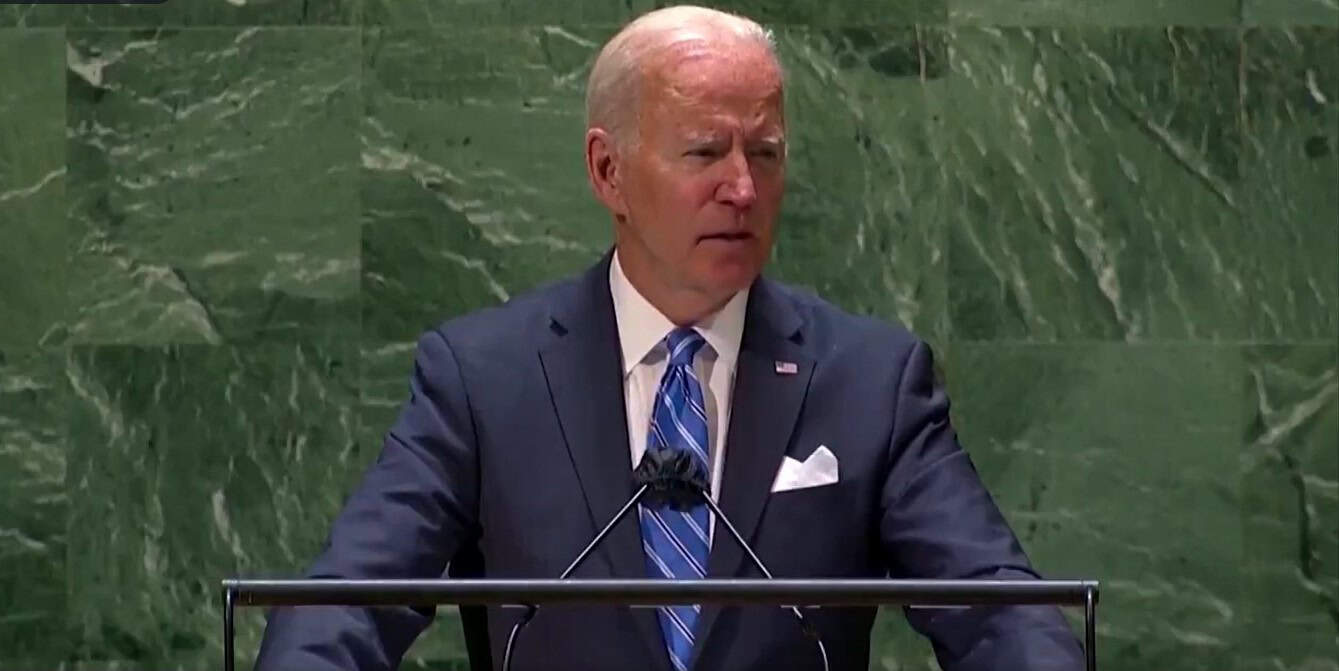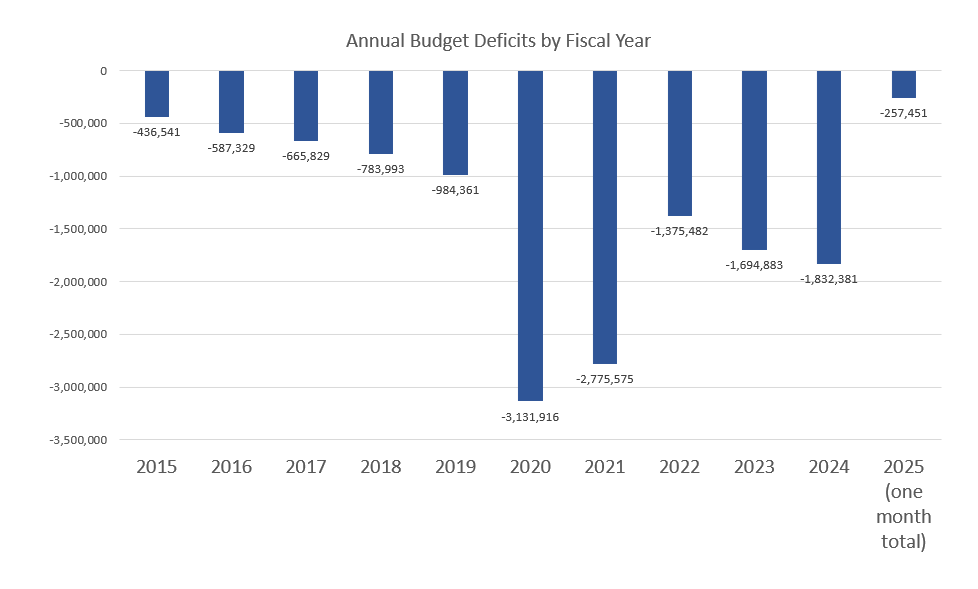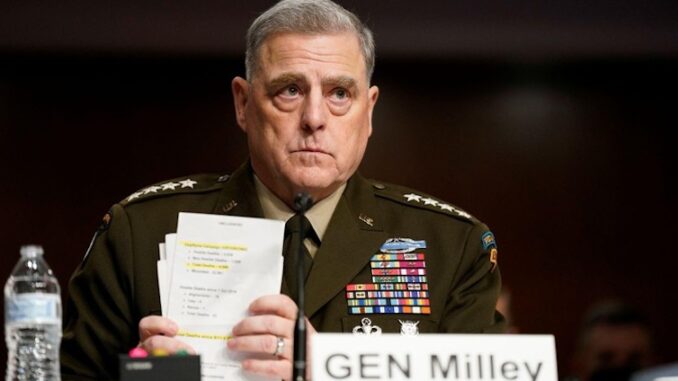
A massive explosion which appears the result of sabotage or even a possible bombing rocked the Chechen capital of Grozny on Saturday.
Local authorities say a fuel tank exploded at a fuel station, resulting in a large blast and fire which left four bystanders dead, including two children, the Russian region’s emergency authority confirmed. The fuel station is reportedly located near a college.
Statements suggest that authorities believe it was either an attack or else severe neglect: “Ramzan Kadyrov, the leader of Chechnya, said on Telegram that he had taken the situation under his personal control. He said that those responsible for the blast would be brought to justice, but did not give further details.”
There have been other recent ‘mystery’ blasts in the region, as Reuters details: “Explosions at fuel stations in the neighboring region of Dagestan in September 2024 and August 2023 killed 13 people and 35 people, respectively.”
Though very far away from fighting in Ukraine – as Chechnya is all the way over in the Caucuses next to Georgia – Chechen troops have been very active among Russian forces along the Ukraine front lines.
Given the context of war, suspicion for the blast is likely to fall on the possibility of some kind of Ukraine-connected sabotage op, as has been happening throughout Russia proper since the war began. But there have long been immense tensions between Chechen leaders and neighboring republics, and the incident could have something to do with this internal feud.
Footage from the scene of the fuel station explosion show a massive fireball which sent debris flying in all directions:
GROZNY pic.twitter.com/3bNEU9IQtW
— The_Real_Fly (@The_Real_Fly) October 12, 2024
Newsweek has provided the following recent context:
Chechnya is largely ruled by Ramzan Kadyrov, a pro-Russian strongman installed by the Kremlin after two devastating wars involving Chechen separatists and Islamic fundamentalists in the 1990s and 2000s. In recent months, Russian infrastructure and military facilities have been hit repeatedly by Ukrainian drones, though the cause of Saturday’s explosion is unclear.
…Tensions have surged in Russia’s restive Caucasus region, which includes Muslim dominated Chechnya, with Kadyrov this week threatening to declare a “blood feud” against Russian lawmakers from the neighboring regions of Dagestan and Ingushetia who he said were involved in a plot to assassinate him.

No official explanation for what caused the deadly blast has yet to be given. Certainly it’s high unlikely that a drone could have made it all the way to Grozny from the Black Sea region, suggesting this was connected to regional politics.
Loading…
Originally Posted at; https://www.zerohedge.com//
Stay Updated with news.freeptomaineradio.com’s Daily Newsletter
Stay informed! Subscribe to our daily newsletter to receive updates on our latest blog posts directly in your inbox. Don’t let important information get buried by big tech.
Current subscribers:







